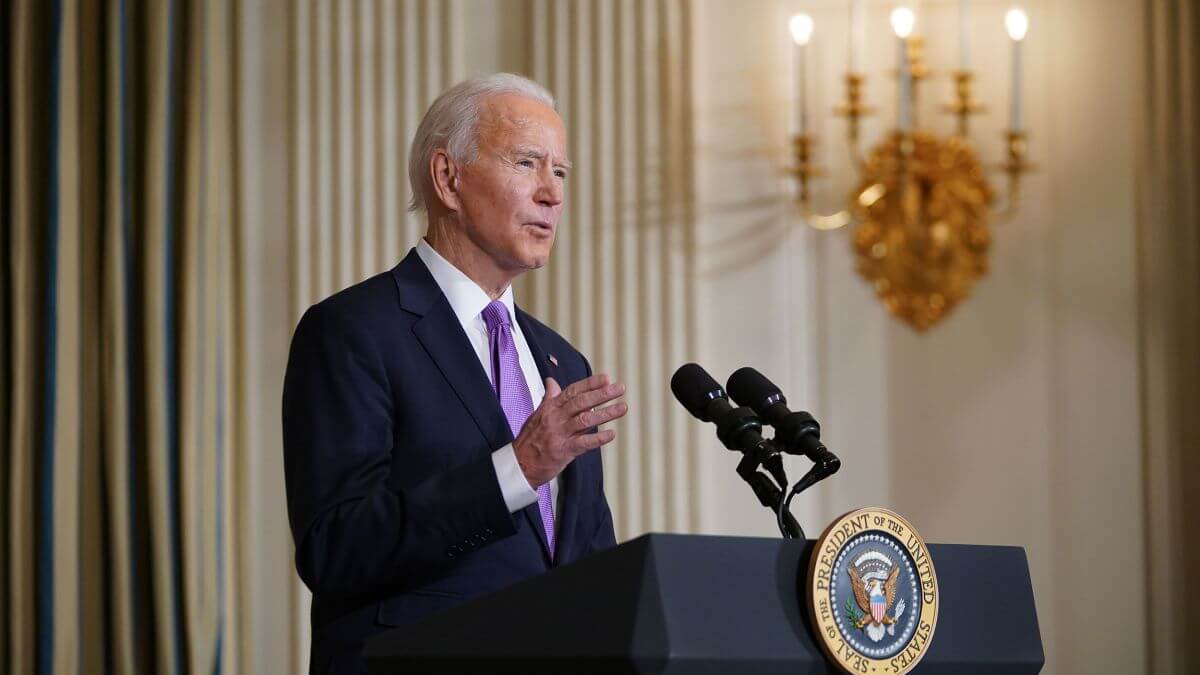On Wednesday, the newly appointed United States (US) President Joe Biden’s administration announced its decision to temporarily halt weapons sales to the United Arab Emirates (UAE) and Saudi Arabia. According to a statement by Antony Blinken, the Secretary of State, the decision was a “routine administrative action”, reiterating that reviewing arms deals by the old administration was “standard.” Consequently, the administration was now assessing whether the arms deals abided by Unites States’ (US) “strategic objectives of building stronger, interoperable and capable security partners.” The UAE embassy in Washington, too, reiterated this position in a Twitter post, saying that this “review” was expected. However, there has been no statement from the Saudi side.
While American and Emirati officials have played down the decision as standard procedure, during his election campaign, Biden had vowed to crack down on arms supply to Saudi Arabia, with the larger aim of halting the ongoing war in Yemen. Moreover, during his confirmation hearing in Washington last week, Blinken said, “[Biden] has made clear that we will end our support for the military campaign led by Saudi Arabia in Yemen, and I think we will work on that in very short order.”
Two crucial deals which were concluded by ex-President Donald Trump during the last few days of his presidency are likely to be affected by this decision. The first is the $23 billion deal with the UAE, according to which the US was obligated to supply 50 Lockheed-Martin F-35 stealth fighter jets. The second is the $290 million deal with Saudi Arabia for 2,000 precision-guided missiles. These deals were in pursuance of Trump’s close relationship with Saudi Arabia and the UAE, which was a part of his larger “maximum pressure” campaign against Iran.
These arms deals with the UAE and Saudi Arabia were severely criticised by several rights groups, who were concerned about the impact of the deals on the ongoing conflicts in Libya and Yemen, in which both the Arab powers have orchestrated widespread attacks against the Iran-backed Houthi rebels. These moves were criticised by several members of the Congress, as they believed that it would “facilitate a dangerous arms race.”
While this may be celebrated by several commentators who were critical of Trump’s arms policy, it is unlikely to be taken well by Saudi Arabia, whose help the US requires to counter Iran’s aggression in the Middle East. In fact, earlier this week, in pursuance of this ambition, the US military said that it was considering setting up two additional airfields in Saudi Arabia. Hence, the decision to halt the arms deals could severely obstruct the US’ larger security goals in the Middle East.
Moreover, this is even more problematic for the UAE, who has only recently signed the Abraham Accords, which calls for normalisation of ties with Israel. An Axios report released in August insinuated that the normalization accord was intrinsically linked to the F-35 sale, adding that the military deal is a “top priority” for the Emiratis. Hence, Biden’s move endangers this agreement, as the UAE’s commitment to the Abraham Accords in the absence of the arms deal, is unclear.
Biden Temporarily Suspends Arms Sales to UAE, Saudi Arabia
Going back on the deals signed by his predecessor Donald Trump, American President Joe Biden has decided to suspend the US’ arms sales to UAE and Saudi Arabia.
January 28, 2021

SOURCE: CNN
